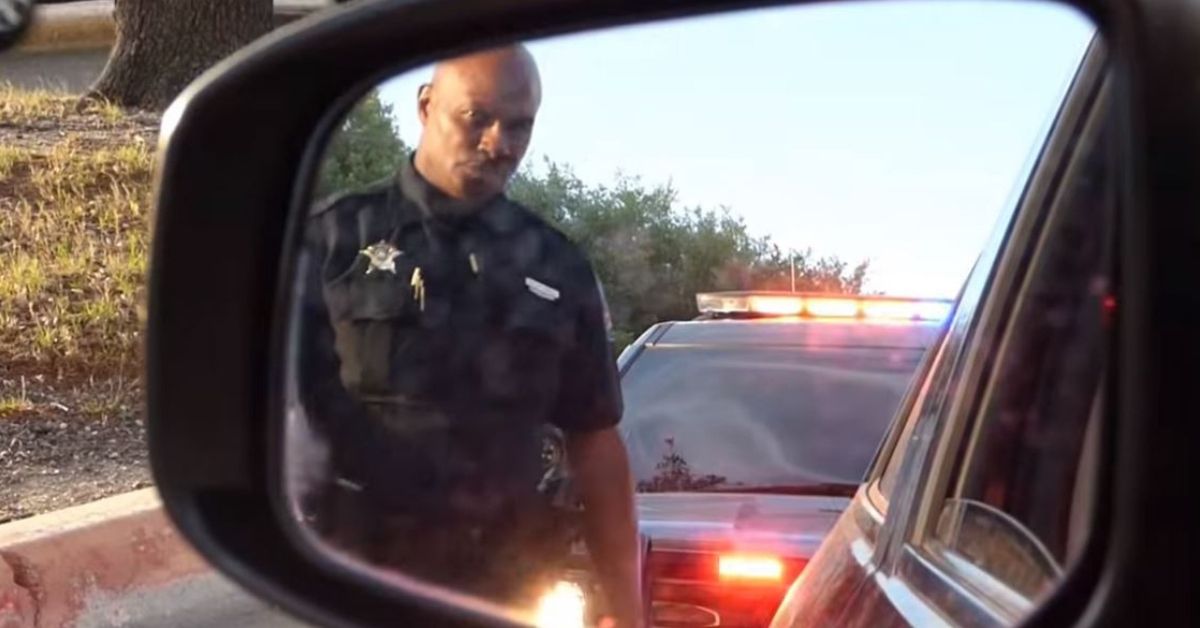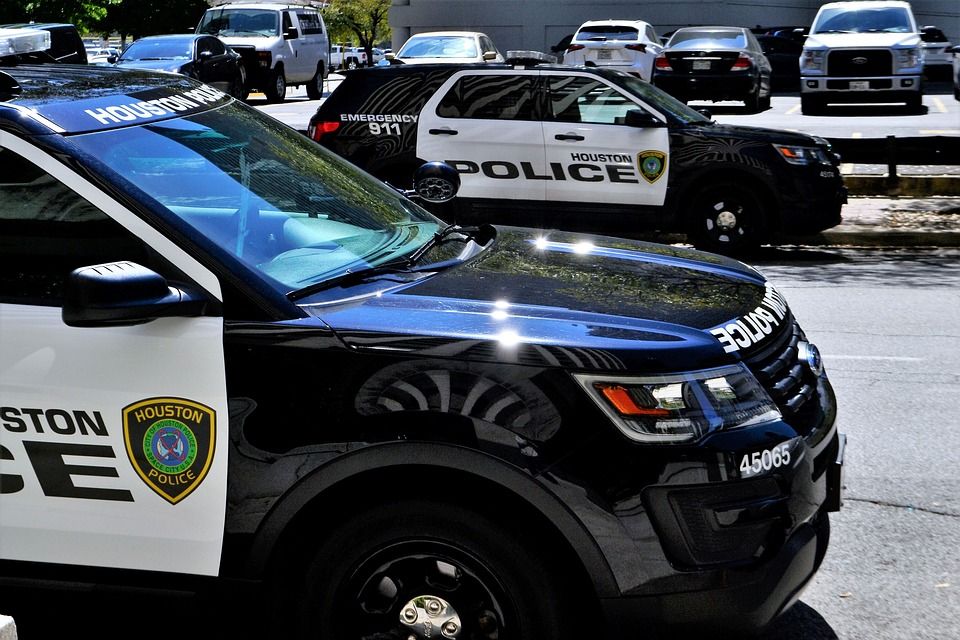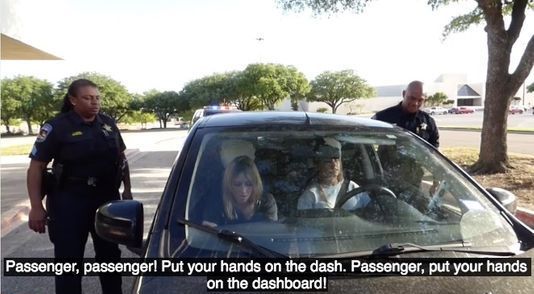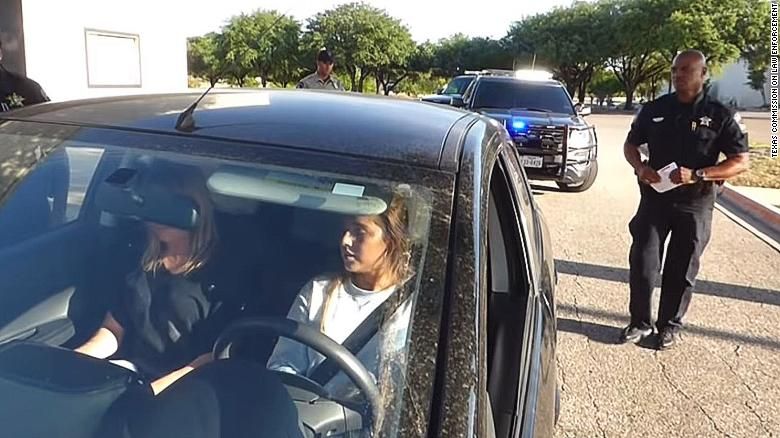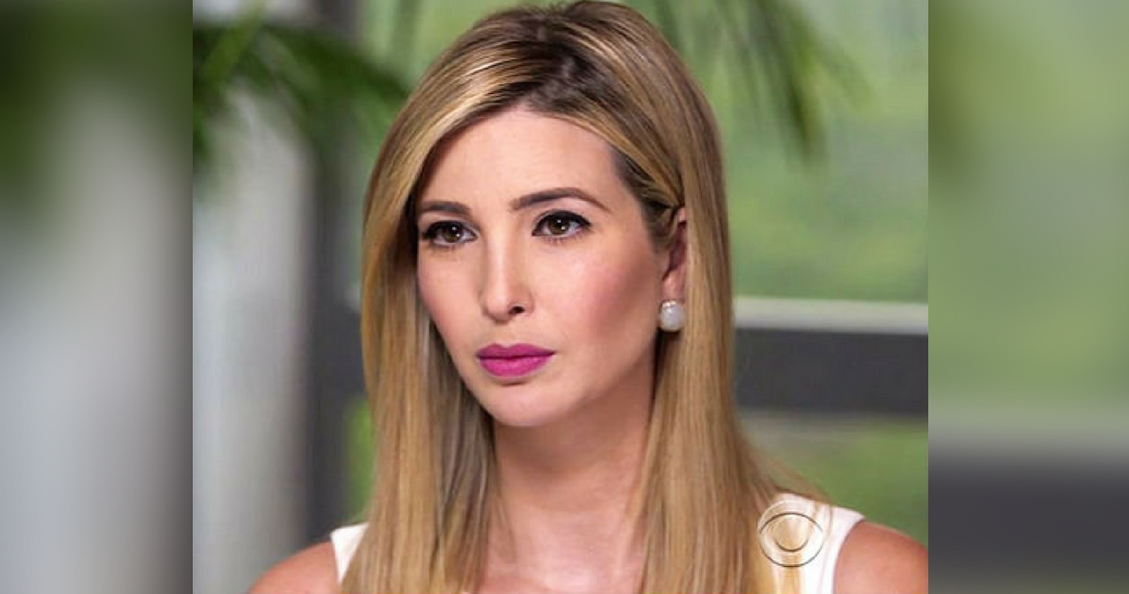If you've been keeping up with the news, you're certainly aware that there's been a bit of a rift between police officers and American citizens as of late.
For some time now, states have been working to solve this complicated issue, and it seems like Texas has finally figured out a solution.
The Lone Star state has passed a new law that requires high school students to learn how to interact with police officers before they are allowed to graduate.
Starting with the class of 2022, students must complete a class and watch an instructional video on the best practices when dealing with cops during a traffic stop. The Community Safety Education Act, which was proposed by lawmakers after police violence rates started to increase, was signed by Governor Greg Abbott in 2017.
Between 2015 and 2017, police officers in Texas fatally shot 251 people and 48 of them were unarmed, according to the Washington Post.
The new act is only coming into effect now, and will apply to those who are freshman during the current school year.
The 16-minute video, which was created by the Texas Commission on Law Enforcement, is broken into four sections: the role of law enforcement, citizens rights, proper behavior, and filing a complaint.
It features a Q&A with students and officers, potential scenarios that could unfold, and clips of officers explaining common procedures that take place during a stop, like signing a citation.
"This content is designed specifically to make certain that the trust factor between law enforcement and citizens is stronger than ever," Dallas Senator Royce West says in the introduction of the video.
Teachers have been provided with a guide on how to handle questions and concerns that students might have during the class. For instance, the guide briefly touches on the popular topic that is videotaping police stops.
"It is a citizen's right to videotape," the guide reads. "Drivers and passengers should be aware that unknown items in a citizen's hand may cause safety concerns for officers."
While many people are applauding the state's efforts, there are a few individuals and organizations that feel that the responsibility to reduce violent interactions with police shouldn't just be placed on citizens.
"I don't think the onus should be on us," said John Fullinwider, co-founder of Mothers Against Police Brutality. He told Dallas News that it is "a tragic state of affairs that we have to train young drivers, particularly young black men, how to act so that a police officer doesn't shoot them."
